In April, Nena Winand DVM. PhD of Cornell University released a test for the hereditary disease HERDA that is found predominantly in Quarter Horses. This week, the University of California-Davis also released a test for the disease.
UC Davis’ study of a control group suggested that 3.5 percent of Quarter Horses are HERDA carriers. But the disease most commonly affects certain lines of cutting horses and there is a much higher precentage of carriers among these animals. Because carriers do not show symptoms of the disease, which include loose skin, lesions and inability for wounds to heal, owners and breeders rarely know they have a carrier.
Most symptomatic horses diagnosed with HERDA are euthanized because they are not able to be ridden and have a low quality of life due to the condition of the skin, scarring and lesions along their backs. Horses don’t typically show symptoms until they are two years old.
The DNA test is available through the UC Davis Veterinary Genetics Laboratory at www.vgl.ucdavis.edu/service/horse/HERDA.html, as well as through Nena Winand, DVM, PhD, Department of Molecular Medicine, College of Veterinary Medicine, Cornell University, Ithaca, NY, 607-253-3608, njw2@cornell.edu.
